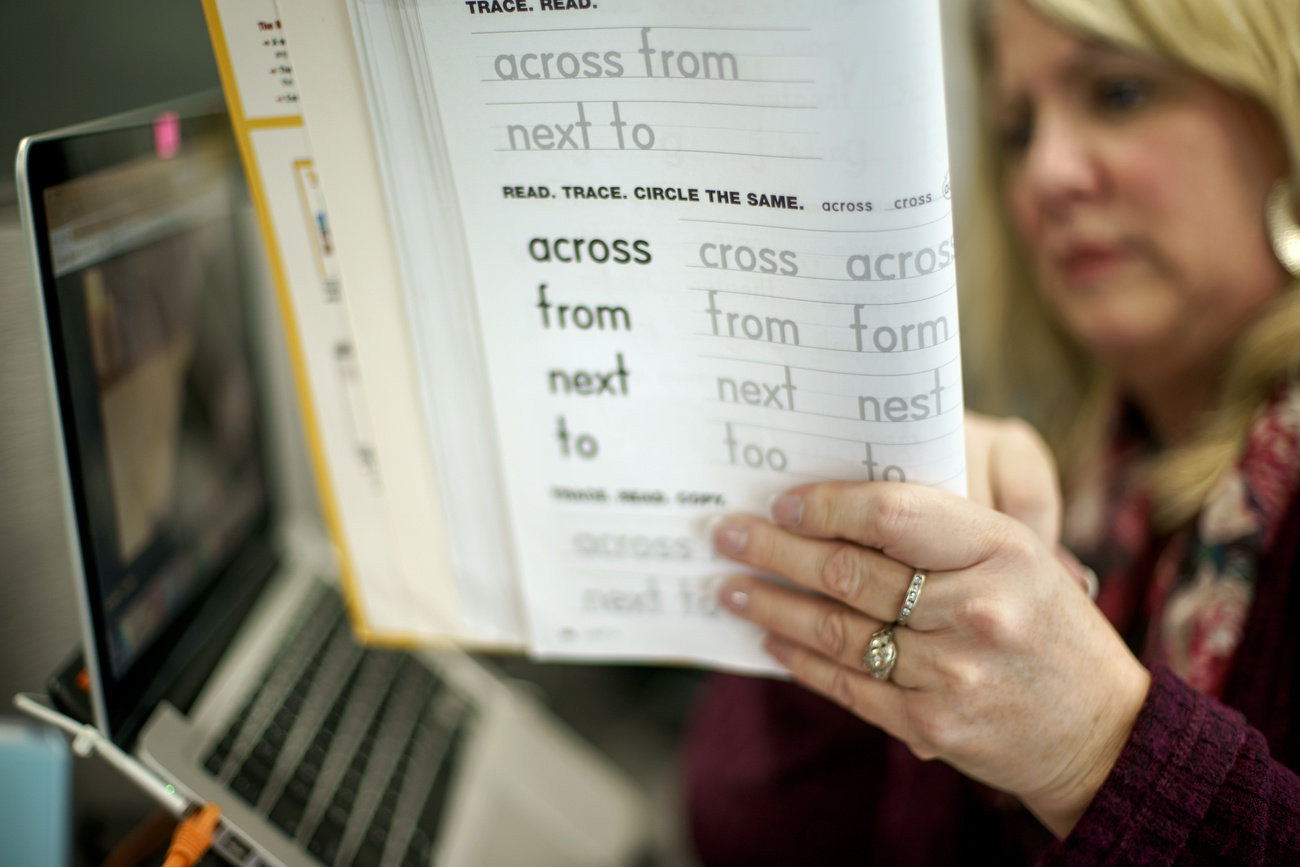
Swiss are not as good at English as they might think, study finds

The Swiss speak worse English than most in Europe, writes the Sonntagszeitung newspaper.
Switzerland came only 23rd in Europe last year in the English Proficiency Index of EF language school. Young people are less proficient than older people, women less than men, it found. Top of the ranking is the Netherlands, followed by Singapore and Austria. Scandinavian countries also do well.
Out of 111 countries worldwide Switzerland came 29th, directly behind Serbia and Nigeria, just ahead of Argentina and Hong Kong.
Swiss women speak English less well than average, while Swiss men are just above average, according to the study. It is the 31-40 age group that does best, followed by the over-41s. Surprisingly, young people aged between 18 and 25 perform the worst.
“We think we are polyglot by birth, hardly anyone travels as much, and according to the latest figures, 21 percent of employees now speak English at work. We are well versed in the use of the world language!” writes the Sonntagszeitung. “But this self-image is deceptive. The Swiss can speak English quite well, but unfortunately not as well as we think.”
EF offers standardised English tests for its students around the world. The index is based on the English test results in 2022 of 2.1 million people.

In compliance with the JTI standards
More: SWI swissinfo.ch certified by the Journalism Trust Initiative




























You can find an overview of ongoing debates with our journalists here . Please join us!
If you want to start a conversation about a topic raised in this article or want to report factual errors, email us at english@swissinfo.ch.